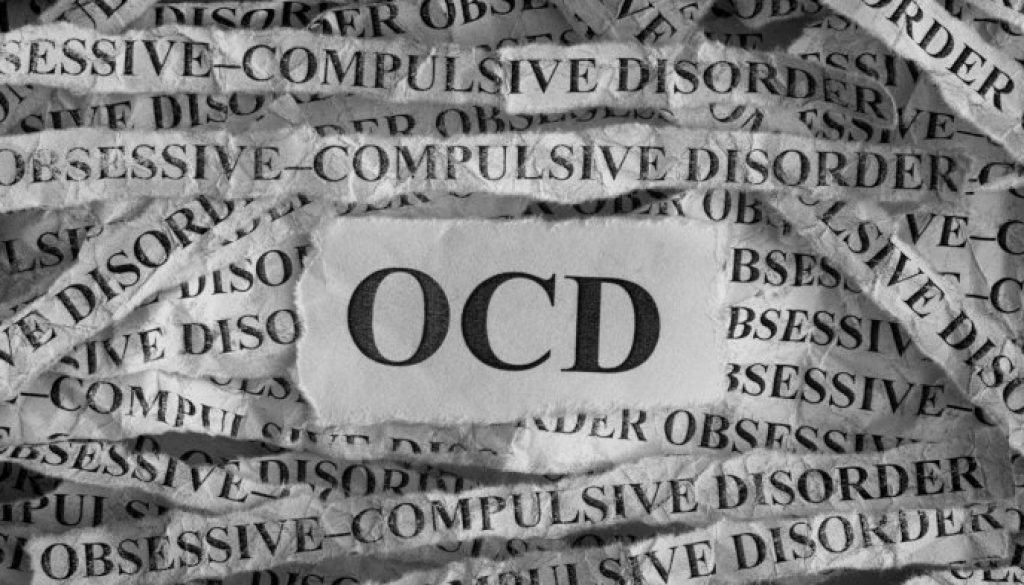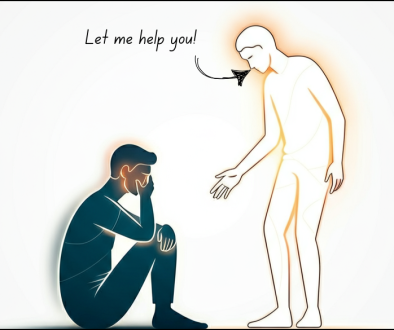OCD (Obsessive Compulsive Disorder)

Last updated on September 24th, 2021 at 06:38 am
Obsessive-Compulsive Disorder is a psychological disorder in which people have repeated thoughts, ideas, and feelings that are irrelevant and compels them to do that thing repeatedly.
People with OCD do not recognize that their beliefs for their obsessions and compulsions or irrational and do not have a ground reality. The average appearance age of OCD is 19 years.
Germophobia is a biological term used for pathological fear of germ, bacteria, and cleanliness, contamination, and infection and can be related to OCD but unlike that, it can be present in a wide range of people.
Living life means undergoing germs everywhere and everyone should take proper care but for some people, it can importantly affect and interfere with their lives.
Some of the typical obsession symptoms Include

- Fear of getting contaminated by people or the environment
- Disturbing and perturbed thoughts and images
- Extreme concern with order and symmetry
Some of the typical compulsions symptoms include
- Excessive cleaning, washing, and showering
- Changing locks and appliances
- Constantly seeking validity and reassurance
It’s maybe you’re just saying it but pointing it casually is not alright. Some people use this word daily to refer to perfectionism or germophobia.
You may have the symptoms but nothing is clinically diagnosed.
Organizing a shelf is not having OCD, downplaying OCD or any mental disorder or dexterity is not at all okay.
Not only that it is disrespectful but there are people who are clinically diagnosed with it and who suffer endlessly with no cure sometimes.
If you ever feel that you possess any kind of symptoms related to OCD you should consult a professional psychiatrist or clinical psychologist and remember GOOGLE is not your doctor.
There is not any single root cause for the disorder but they can have multiple origins.
They can be learned from behaviors by observing which progressively become very repeated and associated with anxiety.
They can also be genetic and hereditary.
Changed and started thinking can maintain symptoms associated with OCD and sometimes it is also the hormones that can trigger such compulsions.
There are therapists who deal with cognition and they have also identified people with OCD as having cognitive distortions.
People with OCD actually have quick thoughts with actions, and suppression of such thoughts causes this disorder.
Thinking plays an extremely important role in distortions and perception of any kind.
This way OCD changes your thinking patterns and the way the brain processes information causing communications problem in the brain.
In Lieu of coming up with a rational solution, It tricks the brain into thinking of compulsive rituals to get the solution.
OCD can be so serious that it can affect many spheres of life, education, career, relationships, and family.
Some people are unable to perform their daily activities because of involvement of it while some can easily perform day-to-day activities without it being involved.
It can have a huge and negative range of impact on marriage leading to marital discords financial burden in the family or well-being of family members.
Most importantly OCD also leads to self-harm and rituals that may damage one’s own body. Add to the minimum it involves picking your skin until it bleeds or vomiting to avoid weight gain etc.
Treatment of OCD
OCD may be a serious mental disorder but it also has options for treatments like psychotherapy that helps in reducing the symptoms, food, and drugs that can also be administered, and many self-help strategies using relaxation techniques, aerobic exercises, or when too much severe electroconvulsive therapy that can we use.
Among all Cognitive Behaviour Therapy (CBT) stands the most appropriate as it gives methods to think act and react to your unhealthy thoughts and habits and replace negative with positive thoughts.
Be informed and updated about mental health and few disorders and try to understand that this is completely treatable. People may have constant doubts and keep wanting reassurance, make sure you’re giving them that.
If the friend is not willing to take professional help, encourage them once. Appreciate their every little step and progress and keep a non-judgemental attitude.
Author: Divisha Mundhra Divisha Mundhra is currently pursuing BA Psychology and Philosophy at JMC DELHI UNIVERSITY. She is also an emotional support provider at Clinic One providing support and suicide intervention to those in need. She is a 100 percentile scorer in 12 th Psychology and loves reading, writing and making digital arts.



June 14, 2023 @ 12:35 pm
Dear Sir/Madam,
Please let me introduce myself; I am a Disaster Risk Management student at Van Hall Larenstein University of Applied Sciences in the Netherlands. I am working on my bachelor’s thesis for the Nepal Red Cross Society on distress after monsoon-related disasters and the role of psychosocial support.
I would appreciate understanding the perspectives of organisations and institutions regarding this topic and would like to request 20 minutes to half an hour of your time for an interview. The interview will be regarding the following issues: distress after disasters and psychosocial support.
I am looking forward to hearing from you.
Kind regards,
Emma Kool